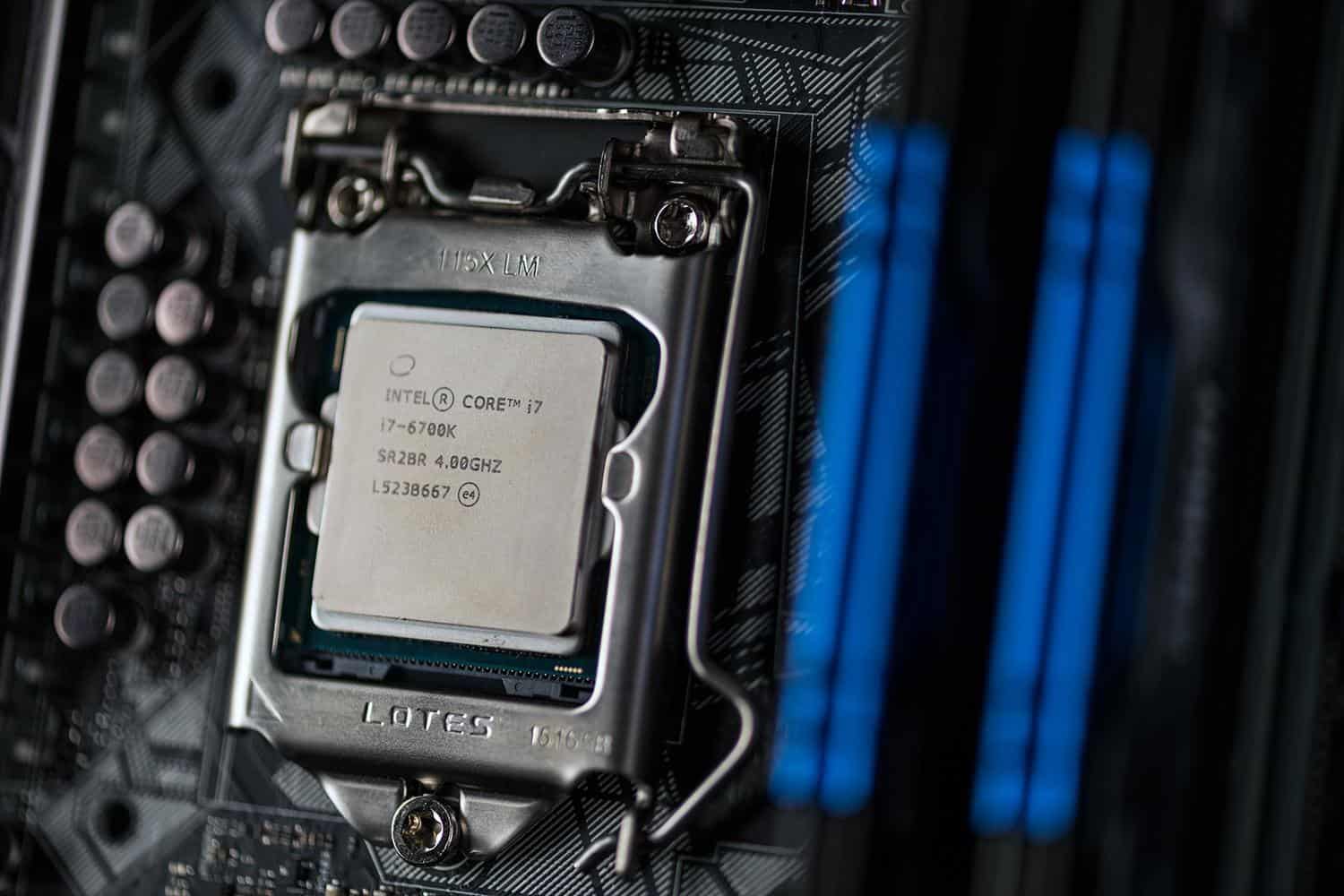When building a gaming PC, most of us prioritize performance by looking at each individual component and trying to get the most out of it. In most cases, the majority of your budget should be aimed towards getting the highest-quality GPU you can afford.
But future-proofing your PC isn’t as easy as buying the highest-rated parts online and slapping them all together. Not all parts are compatible with one another, so you need to do careful research to make sure your dream rig will even work.
Many gamers run into problems when it comes to selecting motherboard sockets and chipsets. What are sockets and chipsets, anyway? What’s the difference between an LGA 1150 and an 1151 socket? If you don’t know, there’s a good chance you could end up with a CPU that doesn’t physically fit into the motherboard.
In this guide, we’ll help you avoid this problem and others like it by walking you through the process of identifying and selecting compatible PC parts.
Why Do Sockets Matter?
The motherboard is the component around which we build our PCs, and it is the crucial element that determines the compatibility of future upgrades. Thus, it’s critical to get the best gaming motherboard we can.
The development and evolution of components inevitably change the types of connections they use, sometimes leaving our computers obsolete and un-upgradeable.

Such is the case with CPU sockets.
Aside from clock speed and number of cores, the type of socket that a CPU uses is an essential characteristic. The socket type tells us the generation of the CPU, but it also determines what other components it will be compatible with.
LGA (land grid array) sockets are the current CPU standard. Old-fashioned sockets used holes that the chip plugged into. LGA sockets have many tiny receptors for the many tiny pins on the CPU chip. Those pins are individual connections between the motherboard and the chip. Some of the different types of sockets are T, H, H1, H2, H3, and H4.
LGA 1150 CPU Socket Compatibility
This type of socket, also known as the H3 socket, is the successor of the LGA 1155 H2 socket. LGA 1150 sockets are compatible with all of the latest Intel processors, and they can also support Haswell and Broadwell processors. They carry the 1150 number due to having 1150 pins for the contact between the motherboard and the processor.

Motherboards with this socket support HDMI, VGA, and DVI connections. The CPU cooling is compatible with older LGA 1155 and 1156 sockets. It is compatible with the DDR3 RAM. The chipset for this type of socket is called Lynx Point.
LGA 1151 CPU Socket Compatibility
LGA 1151, known as the H4 socket, is currently the freshest socket, developed in 2015 to replace the LGA 1150. The first generation of this socket supported Intel’s Skylake and Kaby Lake CPUs, while the second generation supports the Coffe Lake CPU. This type of socket supports the following chipsets: H110, B150, Q150, H170, Q170, and Z170.

The points for heatsink attachment are the same 4 points in a square with a 75 mm lateral length. Therefore it allows the use of the same cooling fans as older LGA 1150 and 1155 chips. These motherboards carry DVI, DisplayPort, and HDMI connections. While older generations supported only DDR4 memory, newer ones are compatible with DDR3 RAM, too.
LGA 1150 vs. 1151: Comparison
The first point is obvious. The new LGA 1151 socket will be the standard for some time into the future. LGA 1150 sockets won’t support CPU upgrades for much longer. Therefore, a PC with an H3 socket will soon become obsolete. If you get the best gaming CPU in 2021, you probably won’t be able to mount it on an LGA 1150 socket.
All USB connections on a motherboard with an H4 socket are 3.0. On the other hand, H3 has some 3.0 USB ports, while others are 2.0 USB ports. A motherboard with an H4 socket has DisplayPort video connections, but doesn’t include VGA connections. The high-res gaming monitors of today don’t utilize VGA; it is considered to be an old and outdated port.

Thus, we can conclude that LGA 1151 motherboards have better, future-proof connectors.
LGA 1150 sockets support only DDR3 RAM memory, while LGA 1151 sockets support either DDR4 only or both DDR3 and DDR4 RAM sticks. This will depend on the model of the LGA 1151 motherboard, and you will have to check to be sure. Also, it is very important to understand that this motherboard will only support one type of memory at a time.
Intel rated its DDR3 motherboards for lower voltage, meaning that higher voltages could damage the CPU. However, other manufacturers such as Gigabyte and ASUS rated their motherboards for higher voltages, and there should be no danger in most cases.

In the end, LGA 1151 once again shows better compatibility and is more future-oriented.
LGA 1151 Downsides
One of the major downsides of the LGA 1151 socket is that it doesn’t allow overclocking. Previous models of H3 sockets allowed for CPU, GPU and RAM overclocking, but most LGA 1151 motherboards don’t. The first generation of these motherboards allowed limited CPU and RAM overclocking, but Kaby Lake models did not, except for Z270 chipsets.

The second generation of these motherboards does not allow overclocking except for Z370 and Z390 chipsets. Therefore, you should plan ahead. Knowing that you cannot rely on overclocking, you must get better components for good performance.
Final Words
Obviously, LGA 1151 and LGA 1150 are not within the same generation and the same category. Motherboards with LGA 1151 sockets support newer CPUs and faster connections with other peripherals, making them better than their predecessors performance-wise. If you’re running an older LGA 1150 motherboard, enjoy it while it lasts, but plan on shelling out more cash to catch up when it finally gives out.
Sources:
- CPU Compatibility Tool, Intel
- Naomi Bolton, What Processors Are Best for Desktops, Chron